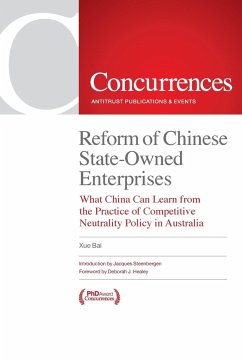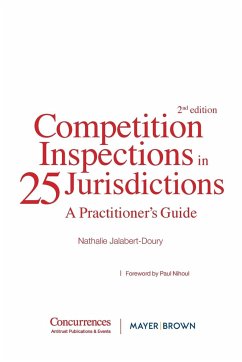
Abuse of Platform Power
Leveraging Conduct in Digital Markets Under EU Competition Law and Beyond
Versandkostenfrei!
Versandfertig in 1-2 Wochen
59,99 €
inkl. MwSt.

PAYBACK Punkte
30 °P sammeln!
Online platforms play a crucial role in today's economy by serving as intermediaries between consumers and suppliers. The economics governing their business model pushes them to first pursue growth over profits and later integrate vertically-a dynamic that has resulted in expansive digital ecosystems. The platforms orchestrating these ecosystems can have an incentive and ability to exclude suppliers ('intra-platform exclusion'). Article 102 TFEU targets such conduct, in particular through the figure of 'leveraging', but the economic and technological complexity of platforms has befuddled tradi...
Online platforms play a crucial role in today's economy by serving as intermediaries between consumers and suppliers. The economics governing their business model pushes them to first pursue growth over profits and later integrate vertically-a dynamic that has resulted in expansive digital ecosystems. The platforms orchestrating these ecosystems can have an incentive and ability to exclude suppliers ('intra-platform exclusion'). Article 102 TFEU targets such conduct, in particular through the figure of 'leveraging', but the economic and technological complexity of platforms has befuddled traditional legal analysis. This book presents an in-depth study of the abuse of dominance in the platform economy. It starts by studying platform business strategy and then systematically analyzes how different forms of leveraging abuse (tying, refusal to supply, margin squeeze, discrimination) should be reinterpreted in the platform economy. The book also recognizes the procompetitive role of platforms and suggests safeguarding it by duly considering justifications. Finally, the book surveys ex ante measures targeted at platforms such as non-discrimination rules, portability and interoperability measures, forced access, and break-up. The book was awarded the 2022 Concurrences Ph.D. Award in Law.












